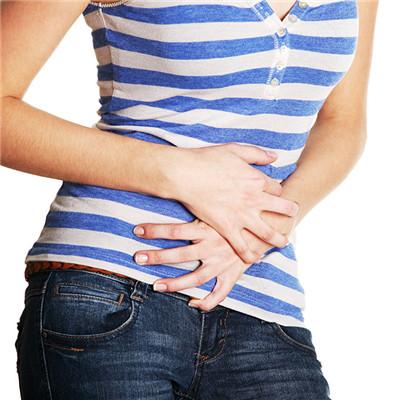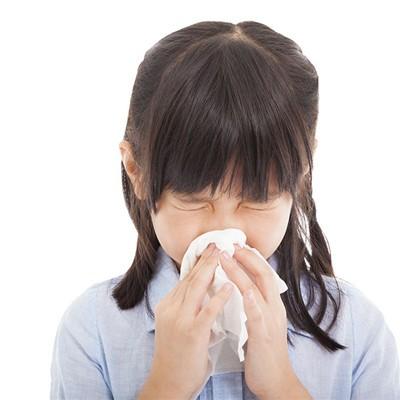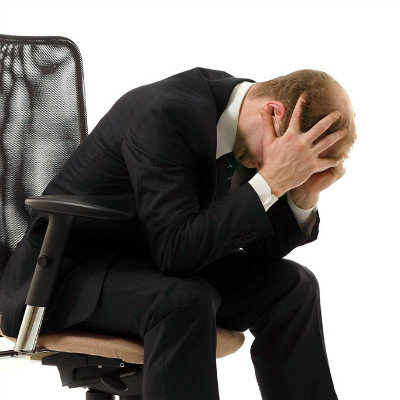Symptoms of defecation in advanced rectal cancer
summary
Rectal cancer, which refers to the cancer from the dentate line to the junction of rectum and sigmoid colon, is one of the most common malignant tumors in the digestive tract. The location of rectal cancer is low, and it is easy to be diagnosed by digital rectal examination or sigmoidoscopy, so it is found earlier, but it is also found later. Because the rectum position is deep into the pelvis, the anatomical relationship is complex, the operation can not be thorough, and the recurrence rate is high. Especially in the middle and lower rectal cancer, because the middle and lower rectal cancer is close to the anal sphincter, it is difficult to preserve the anus and its function during operation, which is a big problem, and also a disease with the most controversial surgical method.
Symptoms of defecation in advanced rectal cancer
The etiology of rectal cancer is still unclear, and its incidence is related to social environment, eating habits and genetic factors. Rectal polyps are also an important factor in rectal cancer. At present, it is considered that excessive intake of animal fat and protein and insufficient intake of food fiber are the high risk factors of rectal cancer.
Early rectal cancer has no obvious symptoms, to a certain extent, there will be changes in defecation habits, bloody stools, purulent blood stools, irritability, constipation, diarrhea and so on, stool gradually becomes thin, to the late stage, there will be defecation obstruction, emaciation and even cachexia; To a certain extent, the invasion of bladder, urethra, vagina and other surrounding organs, and there will be urinary tract irritation, vaginal discharge of fecal fluid and so on.
The mass can be touched during the anal digital examination, and the defecation frequency of the patients in the late stage is increased; Advanced rectal cancer can cause intestinal stenosis, intestinal obstruction and constipation; In addition, due to the stimulation of intestinal mucosa, intestinal secretions will increase, and a small amount of mucus secretions will be discharged with stool, and there is strip mucus on the surface of stool.
matters needing attention
Patients should pay attention to distinguish between rectal cancer and "internal hemorrhoids" and "dysentery", avoid drawing conclusions by themselves, and go to the hospital for examination; Patients should actively accept treatment and keep a good attitude; Improve their own immunity; The diet should be easy to digest and keep the stool unobstructed.













